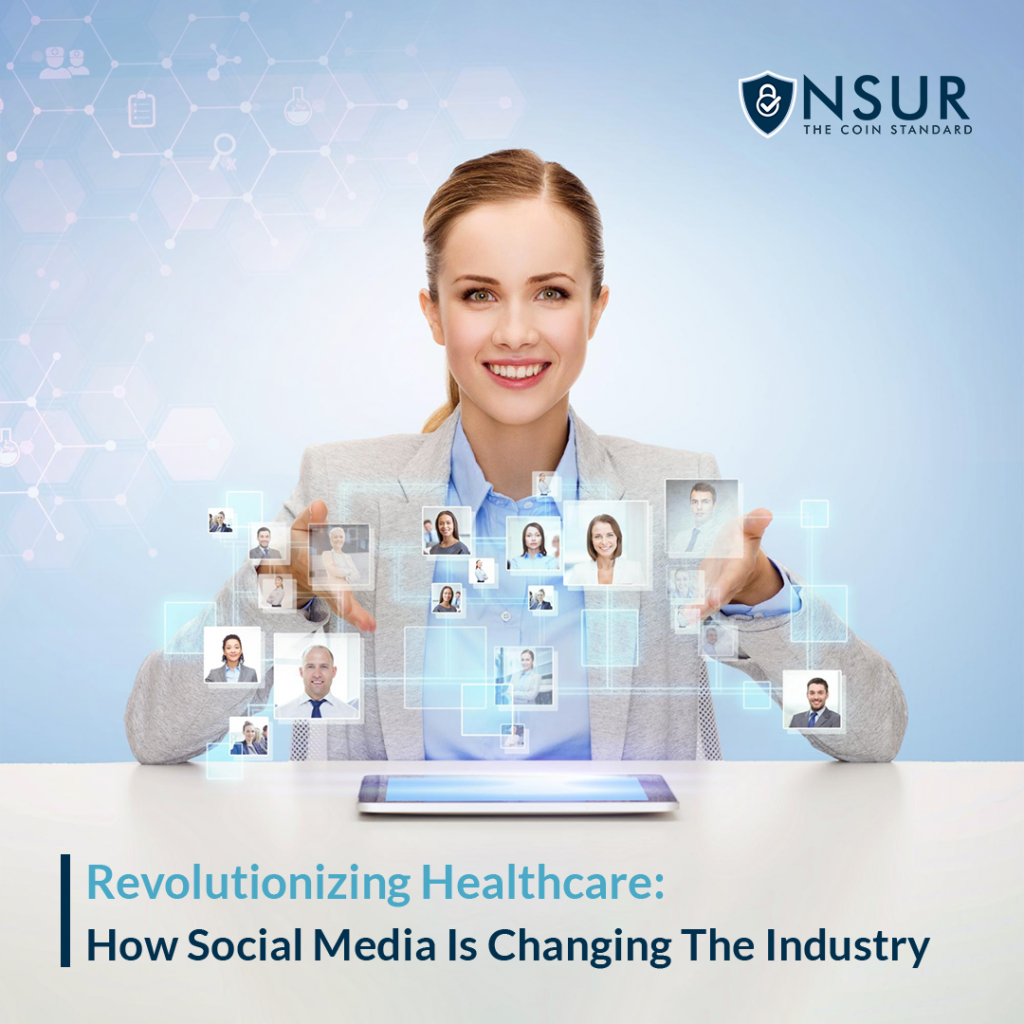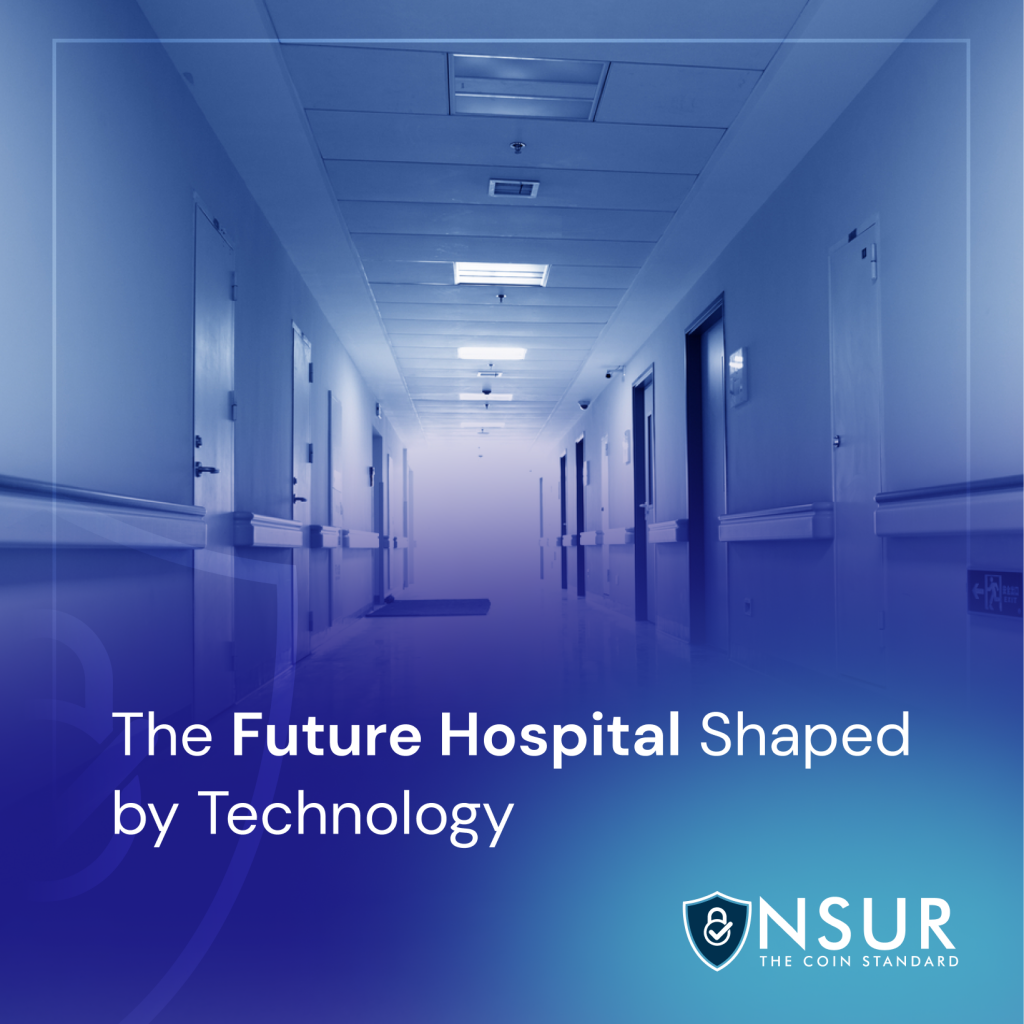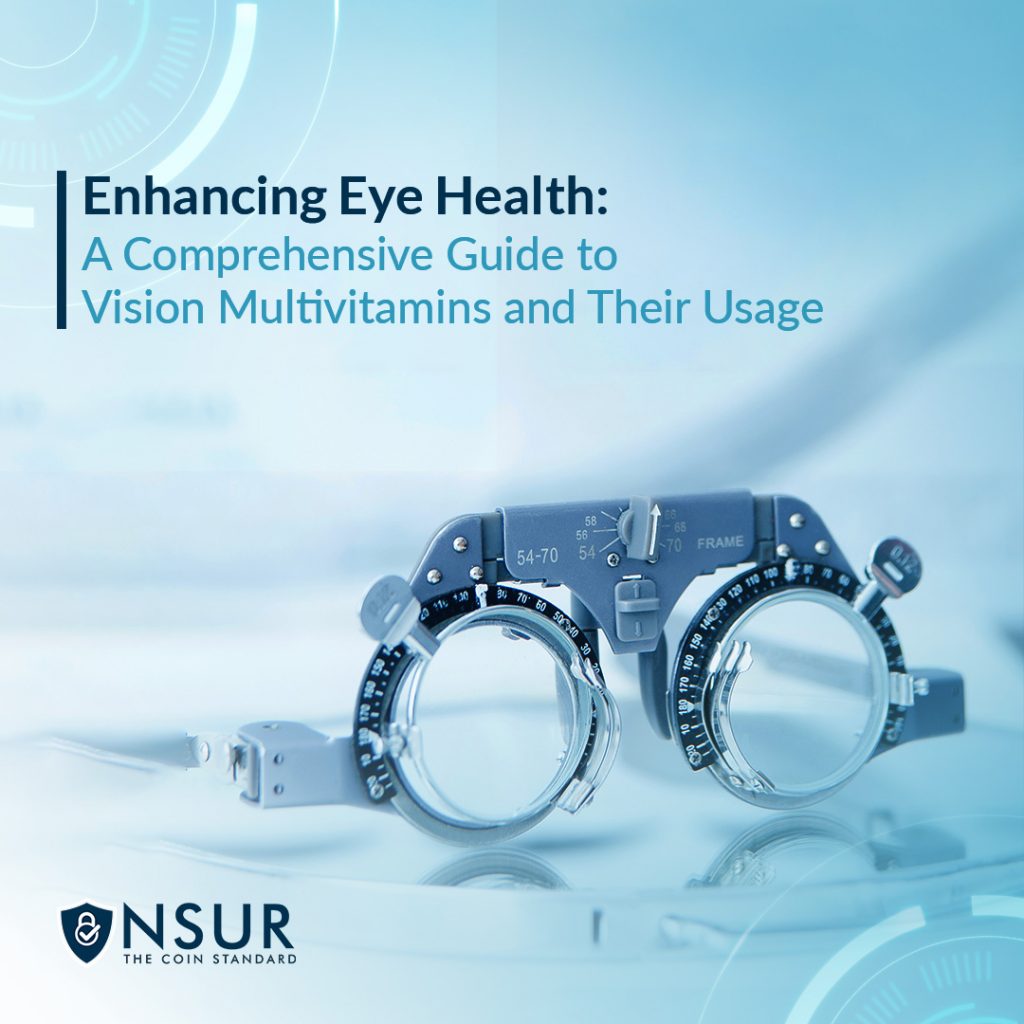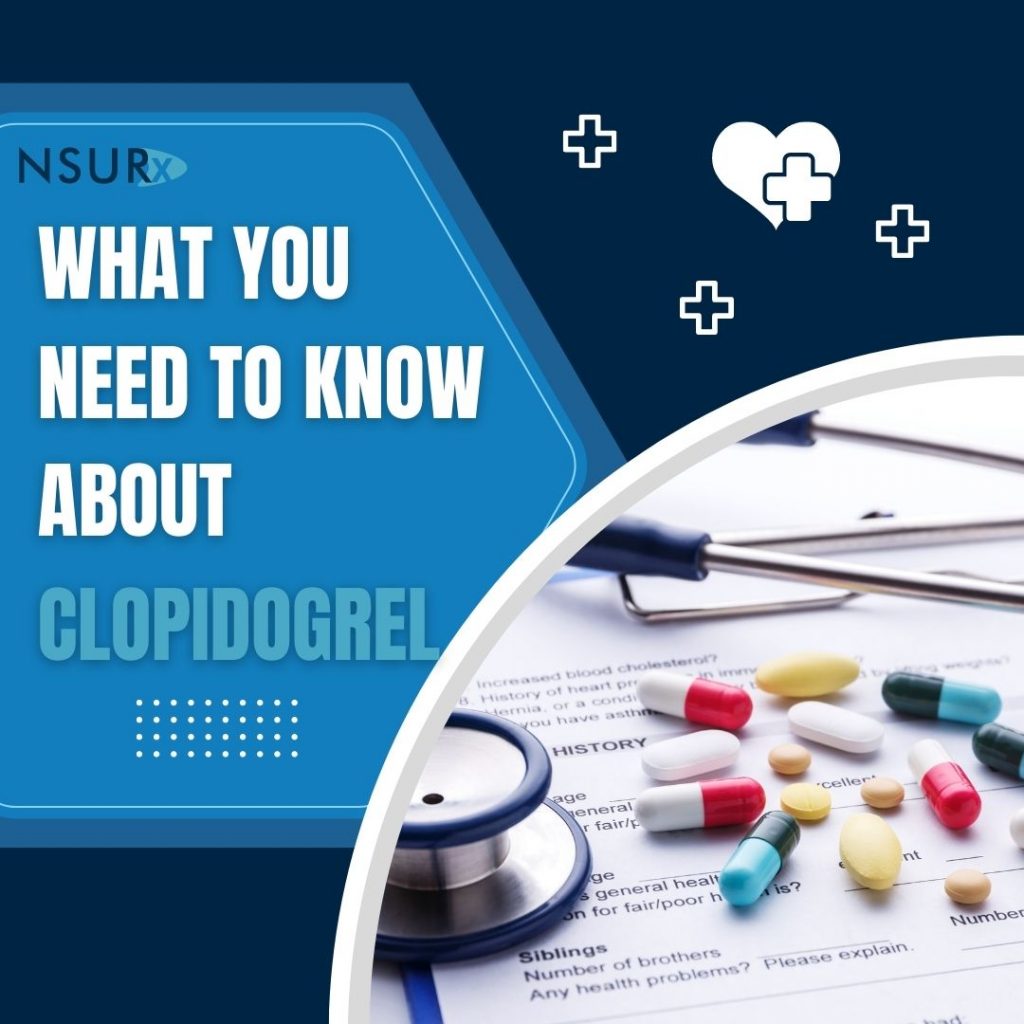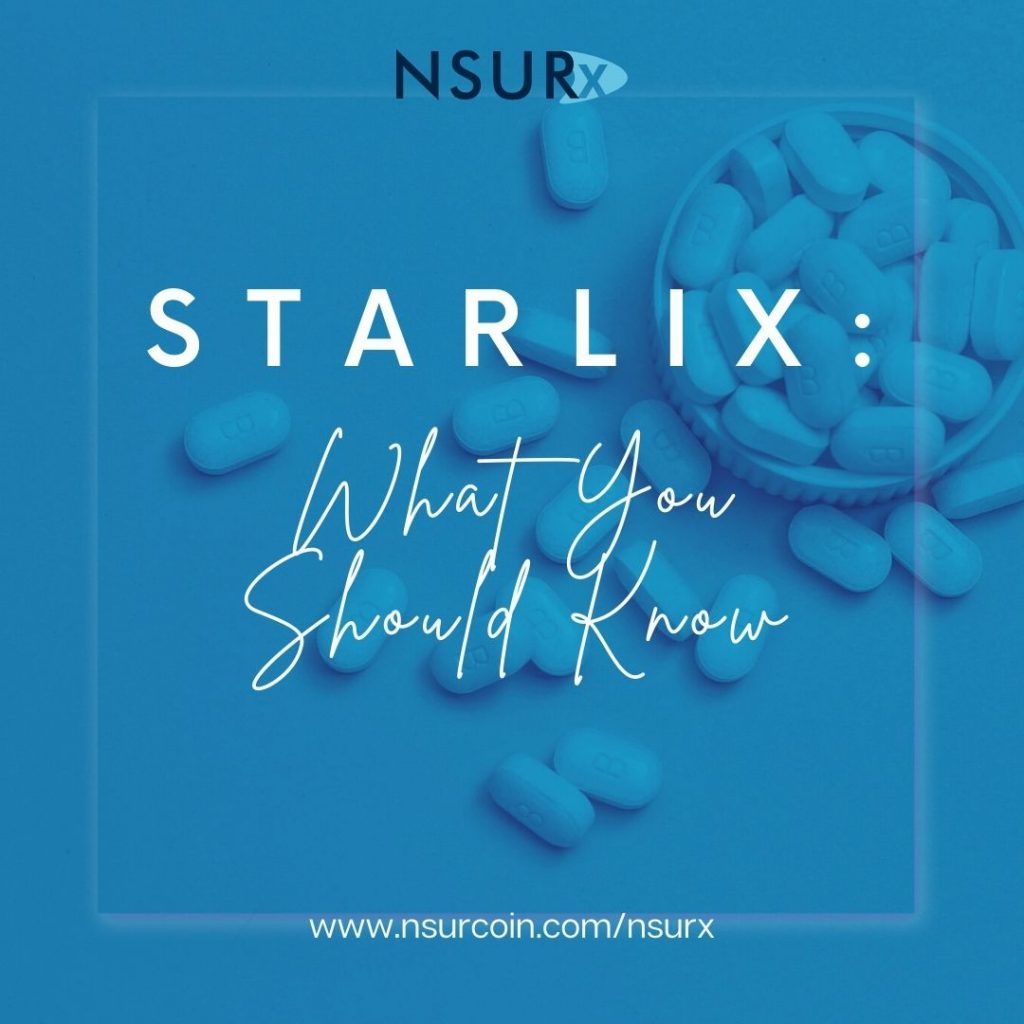Healthcare is a top priority of every individual in today’s modern world. Disruptive technologies and healthcare software solutions have changed the perspective of people towards their health. These technologies existed even before the pandemic hit the world, but the COVID-19 wave has pushed hospitals and medical services towards these technologies to facilitate diagnosis, treatment, and patient care management. People have become more aware and cautious regarding their healthcare. The use of healthcare software or applications is becoming more popular these days. Software solutions not only empower healthcare professionals and patients, but they are also effective and game-changing for the entire medical industry.
The development of healthcare software is very important for multiple reasons and has the potential to be a highly valuable asset for any healthcare organization as well as the user. By automating many healthcare-related tasks, such software can enhance efficiency, accuracy, and cost-effectiveness. Healthcare software can improve patient care by simplifying the tracking and management of patient data. As the adoption of healthcare software continues to grow, healthcare software development has the potential to be an essential tool for improving healthcare quality and setting a new benchmark for the entire healthcare industry.
The software industry provides a wide range of services to the healthcare sector. There are many benefits that healthcare can gain from software development. Here we will discuss the benefits of healthcare software development that greatly impacts the medical industry.
Benefits of novel technologies
AI in healthcare
There are so many ways in which artificial intelligence has benefited the healthcare sector. Artificial intelligence is capable of analyzing, comprehending, and interpreting complex medical data. For AI algorithms to generate projections, input data is the only source of information. Data from throughout the healthcare system is mined, automated, and predicted by AI. In addition to predicting patient admissions, improving clinical workflows, and facilitating ICU transfers, it can be used to investigate the risk of infection acquired in the hospital. Artificial intelligence is making its way into a variety of medical settings, including AI-integrated labs, robotic surgery, chatbots, virtual health assistance, automated image diagnosis, and many others.
Blockchain in healthcare
Blockchain is an innovative technology that has the potential to completely secure data, it can simplify billing cycles, can increase transparency, improve interoperability, streamlines processes, and so on. It allows secure transfer of patient’s medical records and efficient management of the medicine supply chain.
IoT in healthcare
Healthcare professionals always want to observe their patient closely and accurately to provide the best care to them. IoT (Internet of things) helps them to do so. By using IoT-enabled devices, remote monitoring has become possible, enabling doctors to treat and provide care to patients without having to be present physically. It empowers healthcare workers to provide superior patient care. Several wearable devices and other products can be created using this technology, which allows for remote monitoring, real-time tracking, and end-to-end connectivity.
Benefits of healthcare software development
- Increases Security: Healthcare institutions can now transfer, store, and recover web data as efficiently as they used to and all the credit goes to advancements in healthcare software. It is critical to ensure patient and hospital safety by establishing security measures. These security agreements allow for multi-dimensional verification. Spam protection and strong firewalls are required to allow programmers access to sensitive patient information. A cloud computing system is used to store sensitive information in a safe environment.
- Provides extraordinary diagnostics quality: It is amazing to see how software development and innovation are transforming the medical industry. Medical professionals, administrators, and healthcare service providers can now conduct more knowledgeable tasks and diagnostics with ease because of modern technology. By utilizing the latest software, healthcare providers will be able to detect affective language in patients at an early stage, allowing them to provide patients with timely, more effective treatment. As a result, patients receive better care, and the likelihood of life-threatening conditions is reduced significantly. It’s exciting to see how technological advances are improving healthcare quality and positively impacting people’s lives.
- Provides high-quality patient care: Customer satisfaction is a universal vital element for success in business, and with so many alternative healthcare options available, a patient’s experience with the healthcare provider is pivotal. During consultation procedures, patients spend a significant amount of time in hospital waiting rooms. This is the most difficult part of the entire diagnosis and treatment process for the patients. To address all issues associated with this problem, healthcare organizations can use customized healthcare software.
- Automated systems with multiple platforms: Healthcare organizations face numerous challenges in managing and cooperating across departments. Typically, software development firms create customized healthcare software for multiple platforms, such as desktop, mobile, and tablets, to reach a larger audience. Management processes and data synchronization can be made easier for all users in the organization by utilizing customized healthcare software. Generally, doctors and patients are the primary users of such apps, particularly on mobile devices. As a result of their access to real-time data from multiple platforms, they can make informed decisions.
- Emphasizes adaptability, functionality, and flexibility: Different healthcare organizations have unique ways of operating, serving patients, and using technology. Standard and outdated software may struggle to adapt to these differences. Healthcare institutions, on the other hand, can emphasize functionality and flexibility by adapting and implementing customized healthcare software.
- Upgrades processing: Healthcare institutions’ productivity can be increased by using customized software to automate software development and service delivery. When there is more time to innovate and improve processes, the team’s work efficiency and accuracy improve. Furthermore, by investing in software development and embracing digital tools, businesses can simplify tasks for employees while improving performance.
Benefits to the Healthcare organization
- Boost medical business management: Technology can improve efficiency in health industry operations through the collection, organization, and management of data, digitization of medical processes, and payment ease. It can improve the organization’s performance, help save money, and make things run more smoothly, which can ultimately lead to increased profits.
- Patient satisfaction: For the healthcare industry to be successful, patient satisfaction is paramount. And the successful healthcare business provides quality services to the patient. Satisfied patients are more likely to stay with an organization for a long time since they are loyal and trusting.
Benefits to Doctors
- Efficient patient management: Doctors can leverage various software like electronic medical records (EMR), electronic health records (EHR), patient engagement software (PES), etc., that enable their healthcare staff to handle and manage patients’ data efficiently. These medical software programs can streamline the process of patient registration, form filling, maintaining records, file management, and storing data by automating most of the tasks. As a result, doctors and healthcare staff can spend more time treating patients. It is also possible for doctors to have healthcare software tailored to their specific requirements. Implementing such technology can assist doctors in running their practices more efficiently and effectively, allowing them to provide higher-quality care.
- Enhances connectivity with other doctors: Doctors, surgeons, physicians, and healthcare service providers can easily connect using cutting-edge technology to seek advice, and share knowledge, and experience with other doctors and experts all over the world. In an age when technology has erased geographical boundaries, healthcare organizations can collaborate with world-renowned healthcare specialists and improve learning and training. It also helps patients make more informed treatment decisions when they collaborate with other specialists.
Benefits to Patients
- Ensures better communication between doctors and patients: Patients and healthcare workers can easily communicate with one another using healthcare technology such as mobile health apps, patient portals, and other software. These programs aid patients and healthcare providers in communicating and managing tasks such as appointment scheduling, secure messaging, reminders, and more.
- Data access is easy: The objective of medical software is to manage and save patient healthcare information so that patients can easily access their health records. They can view their data, download and share their medical records with authorized individuals. Their medical history, lab reports, clinical data, and treatment plan are readily available to them. Several software applications offer patients educational and informational resources to help them care for themselves more effectively.
Final Thought
Healthcare software development is transforming the healthcare industry in many ways. As new technologies emerge, such as artificial intelligence, the Internet of Things, and blockchain, benefits are being uncovered that can improve patient care, increase efficiency, and reduce costs. Using customized healthcare software has many benefits, including increased security, high-quality diagnostics, and patient care, as well as flexibility, automation, and higher healthcare standards. Healthcare software solutions are becoming increasingly popular, and software development can revolutionize the industry and set new standards for healthcare quality in the coming years.



